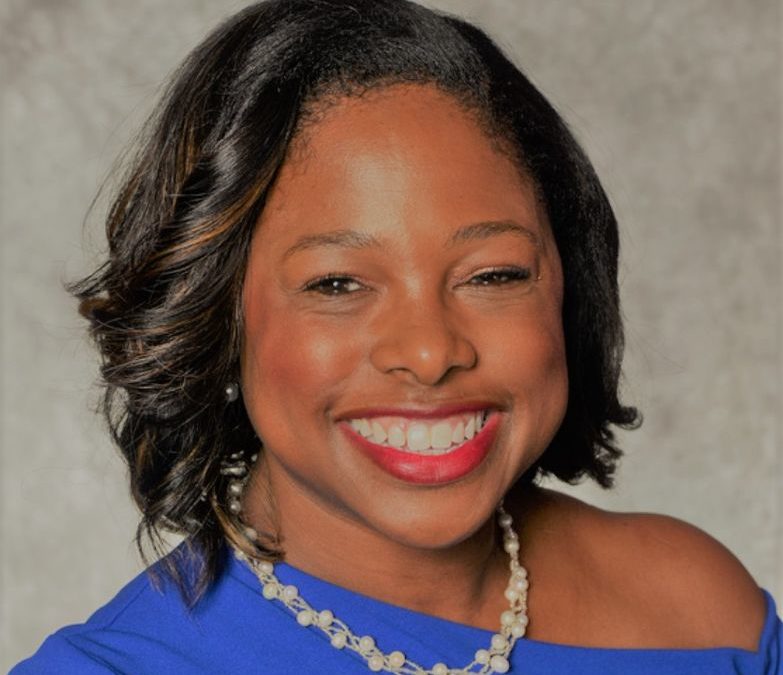When Neuroscience Nurses Week arrives every May, nurses in this specialty champion the vast choices they have within this career path.
For Ebonye Green, MNSc, APRN and director-at-large for the American Association of Neuroscience Nurses (AANN), becoming a neuroscience nurse was hardly something she planned. “I have my bachelor’s in chemistry, and I was going to go to pharmacy school or med school,” she says. She actually ended up going to pharmacy school and was two years into the program when an off-chance comment by a patient she saw every month changed everything. “He said, ‘This isn’t for you. You should do something else.’”
Green took a chance. She shadowed people at a university hospital while still working with outpatient pharmacy patients. “One night, I was pulled into the neuro ICU,” she says. Other nurses said she was going to hate it because the patients can be unpredictable. The talk made her nervous to go in, but the result was transformative. “I loved it,” she says.
When fall semester came around, Greene didn’t go back to pharmacy school, instead enrolling in nursing school. “That was totally out of character for me to quit something,” she says. “My parents were surprised because I am a planner. I am a Type A, which actually fits in really well with neuroscience nursing.” But she had everything worked out from finding funding to moving credits around. “People thought I was crazy,” she says. And while she says she really didn’t know what to expect, she had a gut feeling that she was on a path that suited her. “It felt right,” she says. “I didn’t feel like I was going to work. I have never felt that way. I always learn something new every day. It’s eye-opening. It’s exciting.”
Green says making connections with other neuroscience nurses early in her career helped her gain her footing and gave her a sounding board. She talked to other nurses through AANN, and they gave her career-boosting tips. She was told how important it was to gain additional certification in her specialty or sub-specialty. They also let her know about neuroscience journals and about how conferences for neuroscience nurses were a great way to find other like-minded professionals.
Green understands why the nurses so long ago thought she might not like neuroscience nursing—it’s not a field that will appeal to everyone. “Things are happening with your patients and you can’t see it,” she says. There’s no cast to show a broken bone healing and no pacemaker to check on, she says. “It’s in the brain and you don’t see the moving parts,” she says. “You have to rely on your exam and what you know about the patient.”
But those very things are what keep Green motivated. “For me, it’s all about education,” she says. “It’s about wanting to know more to take better care of my patients.” It’s easier today to find the information she needs, but when Green first started, not many people were using the internet the way they do today. “You couldn’t Google something on a phone,” she says. “I was opening textbooks and showing my patients.”
Calling neuro recovery “a marathon, not a sprint,” Green says the education piece of recovery is vital. She works with patients, families, and caregivers who often just have to come to terms with a long, uncertain recovery. Finding out what can help patients calms everyone’s fears a bit, she says. Like pieces of a puzzle, as Green sorts out the reasons someone is under her care, she can help formulate the best path back to having the best life possible.
Nursing students who think neuroscience nursing is appealing should also realize the specialty, like a nursing career, is broad. “You can create your own avenue,” says Green. If you want to work with stroke patients, you could find yourself working with them from the time they hit the door in the emergency department or in rehab after they have had initial treatments. You could even find a place in the OR as a neuroscience nurse. “While you are on different rotations, decide what you want to do,” says Green.
Green particularly likes being able to follow her patients through their recovery. “We are in this together,” she says. “This is a very challenging and extremely rewarding field.”
- Is the FNP Program Right for You? - April 24, 2024
- WOC Nurses Week Highlights Specialty - April 16, 2024
- Honoring Radiology Nurses Day on April 12 - April 12, 2024



